|
‘Two roads diverged in a wood, and I — I took the one less travelled by.’ (Robert Frost) It was in a dark, cigarette smoke-filled pub one night. The trade union reps sat behind a long wooden table, cluttered with half-full beer glasses. We about-to-graduate apprentices sat opposite, waiting to be called forward. (It was in the days of closed shop when qualified trades people could only be employed if they held union membership). At the time, I supported the value of trade unions in principle, yet felt dismayed and disillusioned by the corruption that this source of power had created. I noticed my colleagues often lived in fear of the union rather than represented by it. If you said or did something that challenged or upset union leaders, you risked losing your union card and therefore your job. One by one, my fellow apprentices stepped up to the table. ‘Raise your right hand. Do you swear to abide by the rules of the trade union?’ ‘Yes.’ ‘OK, go and sit down.' My turn came. ‘Do you swear…?’ ‘No’, I replied. ‘I have no idea what the rules of the trade union are.’ The panel looked bemused. ‘You really want to read the whole rule book before you agree?’ ‘Yes’, I replied. The shop steward thrust a copy into my hands then ejected me forcefully from the meeting. ‘Wait outside until we call you back in.’ I skimmed through the book then, on return, insisted I was exempted from default political party contributions, as was my right according to the rules. They looked intensely frustrated but had to consent. I don’t think such encounters changed the trade union, but they did change me. Some months later, I was sent on a 2-week residential apprentices' programme that aimed to stimulate personal leadership qualities. I challenged the senior managers there with whom, providentially, I had opportunity to speak. ‘Why invest in this programme when the prevailing management behaviour in the workplace is so autocratic? We need to change culture, not just individuals’. They looked deeply uncomfortable yet I held my ground. (They had, after all, encouraged personal leadership). At the formal dinner of the final evening, they invited me to sit at the top table alongside the most senior leader for that region. I was learning to navigate my way through power structures and systems and to exercise personal and political agency. [See also: Pivotal points]
10 Comments
'The optimism of the action is better than the pessimism of the thought.' (Greenpeace) Resilience is a common buzz word today, partly in response to the complex mental health challenges that individuals and communities face in a brittle, anxious, non-linear and incomprehensible (BANI) world. Who would have imagined 3 years ago, for instance, that Covid19 would strike or that Russia would invade Ukraine, with all the ramifications this has precipitated in our personal and collective lives? It can feel like too much time spent on the back foot, reacting to pressures that may appear from anywhere, without warning, from left field – rather than creating the positive future we hope for. A psychological, social and political risk is that people and societies develop a ‘Whatever’ attitude, an apathetic ‘What’s the point?’ mentality. After all, what is the point of investing our time, effort and other resources into something that could all get blown away again in a brief moment? A good friend worked in Liberia with a community that was trying to recover from the effects of a bloody civil war. They started to build schools, hospitals and other infrastructure and, just as things were beginning to look hopeful, a violent, armed militia swept through the area and burned everything to the ground. This can feel like an apocalyptic game of snakes and ladders. Take one step forward and, all of a sudden, back to square one again. A close friend in the Philippines befriended people in a very poor makeshift community, surviving at the side of a busy road in boxes and under tarpaulins. She worked hard to improve the quality of their lives, to ensure that they felt and experienced authentic love, care and support, and it started to have a dramatic human impact. Faces brightened and hopes were lifted. Then, out of nowhere, government trucks appeared and bulldozed that whole place to the ground. It could be tempting to give up. One coping mechanism is to focus on living just one moment, one day, at a time because, after all, 'Who can know what tomorrow will bring?' This may engender an element of peaceful acceptance, akin to that through mindfulness. It can also morph into a form of passive, deterministic fatalism: ‘We can’t change anything, so why try?’ Martin Luther King's response stands in stark contrast who, in the face of setbacks, advocated, ‘We’ve got to give ourselves to this struggle until the end. Nothing would more tragic than to stop at this point. We’ve got to see it through.’ Psychologically, both approaches could be regarded as survival strategies, as personal and social defences against anxiety. In a way, they are adaptive responses: ways of thinking, being and behaving that seek to create a greater sense of agency and control in the face of painful powerlessness. In the former case, a level of control is gained, paradoxically, through choosing to relinquish control. It's a letting-go rather than a clinging-on. In the latter, a fight-response (albeit a faith-fuelled, non-violent fight in the case of MLK), control is sought by changing the conditions that deprive of control. Each constitutes it's own way of responding to an external reality – and it’s out there as well as in here that the real and tangible challenges of resilience and transformation persist. The social, political and economic needs of the poorest, most vulnerable and oppressed people in the world don’t exist or disappear, depending simply on how we or they may perceive or feel about them. MLK’s call to action was radical: ‘We need to develop a kind of dangerous unselfishness. It’s no longer a question of what will happen to us if we get involved. It’s what will happen to them (and us) if we don’t?’ [See also: Resilient; When disaster strikes; Clash of realities] ‘Your choice point is the space you're in right before you make a decision.’ (Martha Tesema) You are choosing to read this blog – you could have chosen to do something else instead. You are choosing to read it now – you could have chosen to read it at a different time. In fact, according to psychological choice theory, everything you do is a choice. You’re not always aware of it and it won’t always feel like it. The implications and consequences of choosing one course of action over another can sometimes be so different and so stark that it can feel to, to all intents and purposes, as if there is no choice. Yet you are still likely to choose the action that, for instance, aligns most closely with your values; or has the greatest perceived benefits; or has the least risks or detrimental effects. The implications of this theory are radical and extreme. If every action you take represents a choice, and if you can grow in awareness of the choices you are making at each moment, a vast array of possibilities opens up to you. As you approach any decision, it will be like reaching a road junction, with always at least 2 options available to you. You will no longer be trapped or driven entirely by circumstances. You can exercise greater freedom and personal agency. You can learn to navigate adaptively through choices, like tacking into the wind on a sailboat. You can become more creative and innovative. You can visit places, reach destinations, that you never dreamed imaginable. There is a flip side. If you really are free to choose, you’re also responsible for your every action. It could feel easier to tell yourself that you have no choice – especially since you can’t anticipate every potential ripple effect. It would relieve you of the burden of accountability. You could also feel quite overwhelmed by the dread of having to make choices at every moment in time, in every situation. It could feel like existentialist Jean-Paul Sartre’s nightmare, ‘condemned to be free’. You may try to alleviate the anxiety by telling yourself that you’re a product of your background, upbringing, culture or circumstances. Then you could stop over-thinking, over-analysing, and get on with your life. So, how to handle this paradox? How to create the liberating freedom of expanding one’s sense and reality of choice whilst also to acknowledge the ethical and practical responsibilities it carries with it? First: awareness. Here’s a simple exercise. Write down a paragraph of no more than 100 words that describes the last meeting you had with a colleague. Now, underline every word that represents a choice point in what happened. If you do this rigorously enough, you will be amazed at how much of the text is highlighted. Now the stretch, a thought experiment: jot down at least 2 different choices you could have made at each choice point. Try to be creative and courageous as you do this. Second: responsibility. To build on this exercise, jot down a list of key criteria that will help you to ensure focus, priorities and boundaries to your decisions and actions. Here are some examples: ‘make best use of my time; achieve my career goals; develop the team’s potential; improve quality of relationships; create best value for stakeholders’. These criteria reflect and represent your values. Finally, test the actual choices you made, and the hypothetical choices you could have made, against these criteria to take note of what you could have done differently, what you could do next time and what lines you will not cross. Now – it’s your choice: given what you know now, what will you do with it? (See also: Choose; Choice; Agents of Change) This is Andi. She's a woman in her own right. She's also my daughter. I'm immensely proud of her. As a child, her favourite colour was blue. People would often say things like, 'Blue's a boy's colour. Shouldn't you like pink?' She would reply calmly yet assertively, 'My favourite colour is blue.' Andi's 21 now and she also likes pink. She wears it because she chooses it, because she likes it, and not to conform to some arbitrary cultural stereotype. What's your favourite colour? Shouldn't you like a different one? ‘The opportunity to make effective personal choices is highly unequal.’ (Robert A. Dahl - After the Revolution) New Years’ Resolutions. A time and practice in Western cultures when some of the more reflective or impulsive among us will commit to do something new. It could be, for instance, a new relationship, a new job, a new home, a new diet or a new fitness routine. For many people, very soon after having made a decision, the resolve will dissolve and be lost in the mists of time. Yet central to this idea of resolution is the notion of personal choice and, with it, the principle that I can succeed in achieving what I choose – if I’m willing to do whatever it takes. I often create (prayerfully) a list of key aspirations at the start of each year, then put practical steps in place so that, all things being equal, I will be able to look back at the end of that year and see that I have fulfilled them. The goals are intentionally inspiring and stretching. They are, with God’s help, within my grasp and, therefore, possible. On the whole, this discipline works by ensuring focus, parameters and accountability. It also centres on people and things that are genuinely important to me and, thereby, taps into values, motivation and determination. We can think of this choosing-acting-influencing phenomenon as exercising personal agency. Shaun Gallagher describes this as, ‘the sense that I am the one who is causing or generating an action’. ‘I can choose’ is a profound existential, psychological and political statement and stance. It means I can break out beyond the apparent default of my circumstances. We hold the potential to be catalysts of real change in the world, within ourselves as well as in broader relationships and situations – and this brings opportunity and responsibility. I can choose and you can choose. I think vividly of Jasmin in the Philippines, a poor woman among the poor who chooses to follow Jesus’ call and example, whatever the cost. Rather than allowing herself to be limited by her circumstances or by expediency, she exercises radical personal agency and transforms everyone and everything in her path. Malala Yousafzai and Greta Thunberg are famous examples of women too who take personal choice, action and influence seriously – and, similarly, at considerable personal risk. There are wider dimensions. A person's sense and scope of agency are affected by structural factors that transcend the individual, e.g. social status; wealth; education; gender; ethnicity; culture. Mustafa Emirbayer and Ann Mische observed that a person’s lived experience limits what possible alternatives or future scenarios he or she is able to imagine. Paulo Freire proposed, on a similar basis, that critical consciousness (‘conscientisation’) is a necessary condition for people to exercise freer choices and agency for change. I worked with a client from Myanmar and asked her what she dreamed of. She looked at me blankly then responded that she was unable to conceive of a different reality to the one that she had lived until now. She felt crushed by the mental and practical constraints of living as an ethnic minority in a country dominated by a military dictatorship. The impact of unequal and unjust social-political power is not a fixed determinant of agency – but the stark psychological and tangible inequalities of choice and opportunity it engenders are significant. Other influences include personal confidence, competence and capacity. If a person operates psychologically and relationally from a secure base with trust and support, he or she is more likely to choose to take a positive risk. If, conversely, someone is and-or feels alone and has experienced or anticipates unfair discrimination, negative evaluation or other painful consequences, to act can feel hazardous – especially if the stakes are high. Agency can demand energy, courage and resilience. A person may not (yet) feel ready, willing or able to take that step. If a client is unaware of or avoiding personal agency, William Glasser suggests stimulating his or her sense of reality, responsibility and relationship in order to enable more life-giving choices. If stuck in a pattern of apathy or passivity, John Blakey and Ian Day propose offering high challenge with high support. If we risk inadvertently colluding with or disempowering a client, Reg and Madge Batten advise focusing attention on what the person can do for him- or herself and, only after that, what we could do by agreement with them, or on their behalf. Viktor Frankl, victim of Nazi persecution concluded that, fundamentally: ‘The one thing you can’t take away from me is the way I choose to respond.’ In our personal, social and political lives, we can see how a person’s choices, actions and influence are affected by a diverse range of factors. These include the privileges a person may hold (or not) and the opportunities he or she has benefited from by birth, background or context. Jesus – help me choose this year to exercise my own agency for the life and liberation of others. We can be hope. (Would you like to discover how to exercise greater personal agency? Get in touch!) |
Nick WrightI'm a psychological coach, trainer and OD consultant. Curious to discover how can I help you? Get in touch! Like what you read? Simply enter your email address below to receive regular blog updates!
|
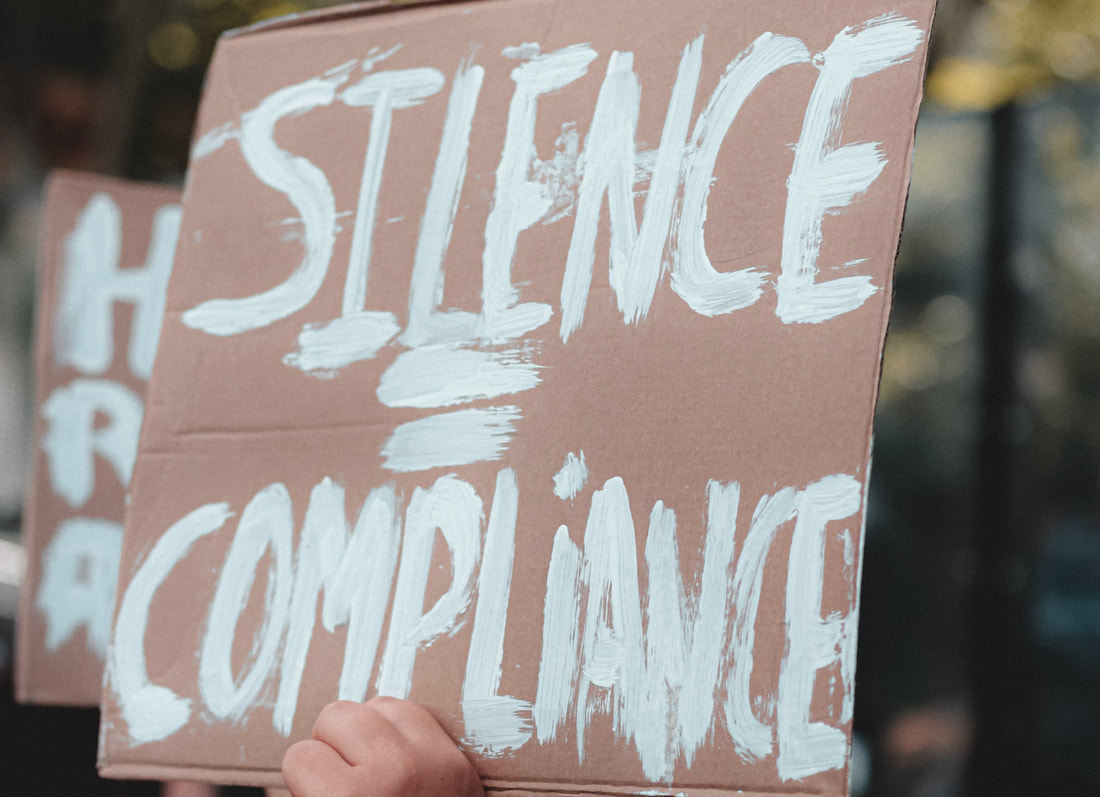
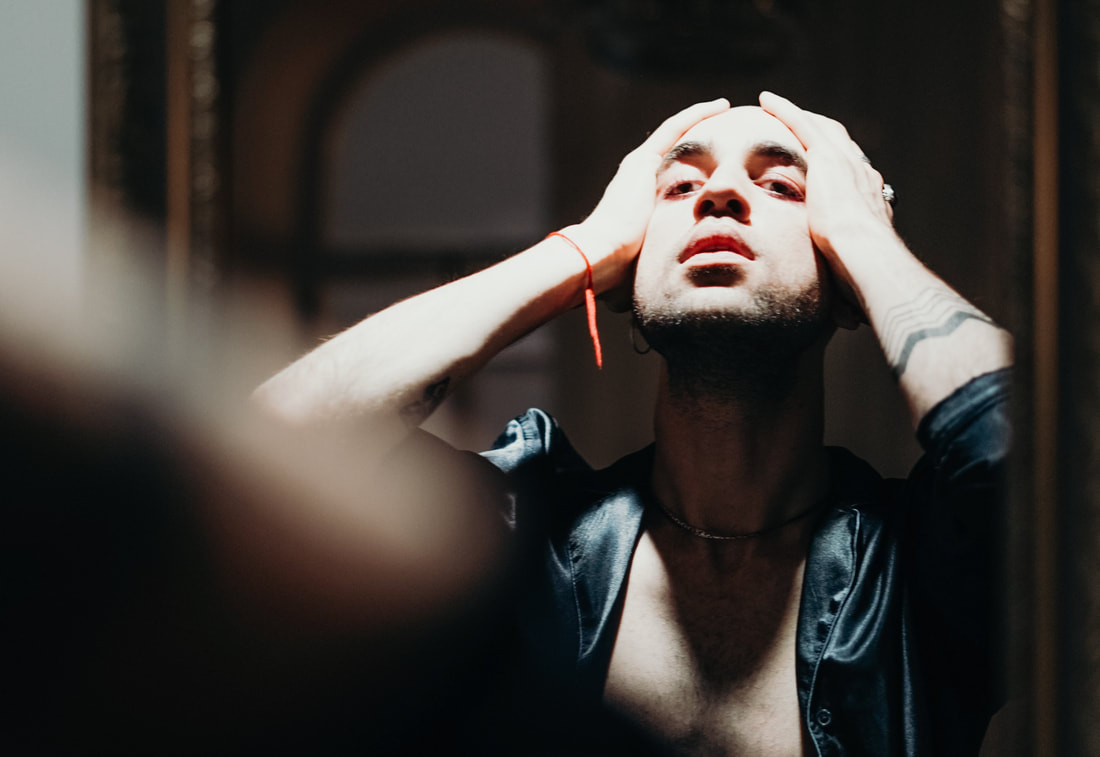
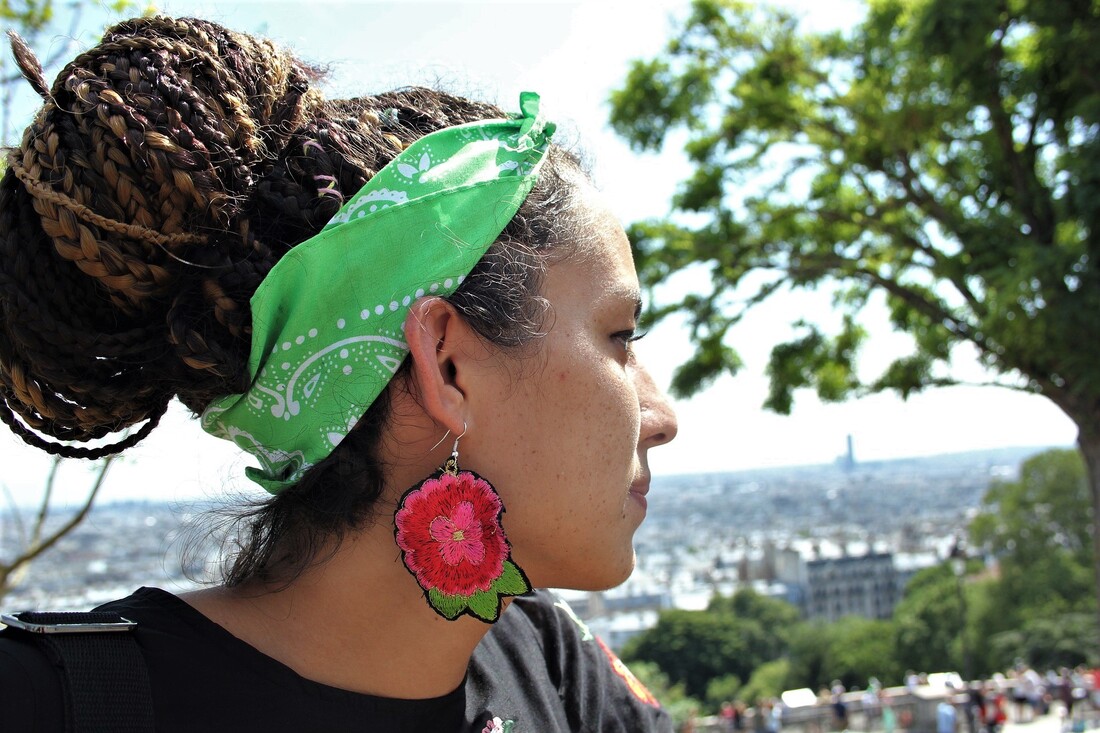
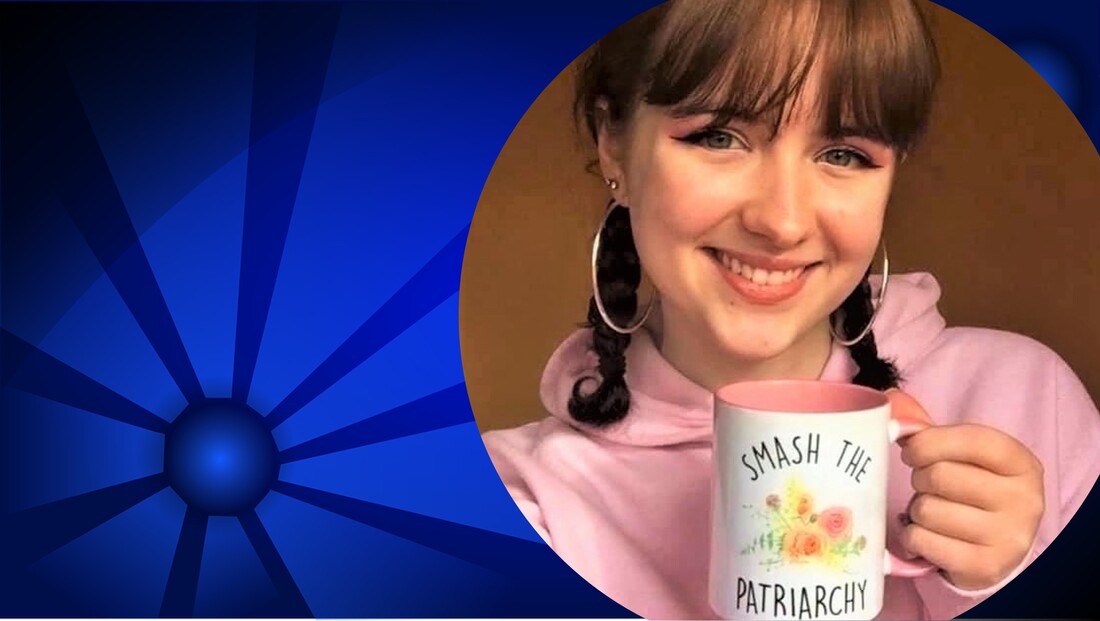
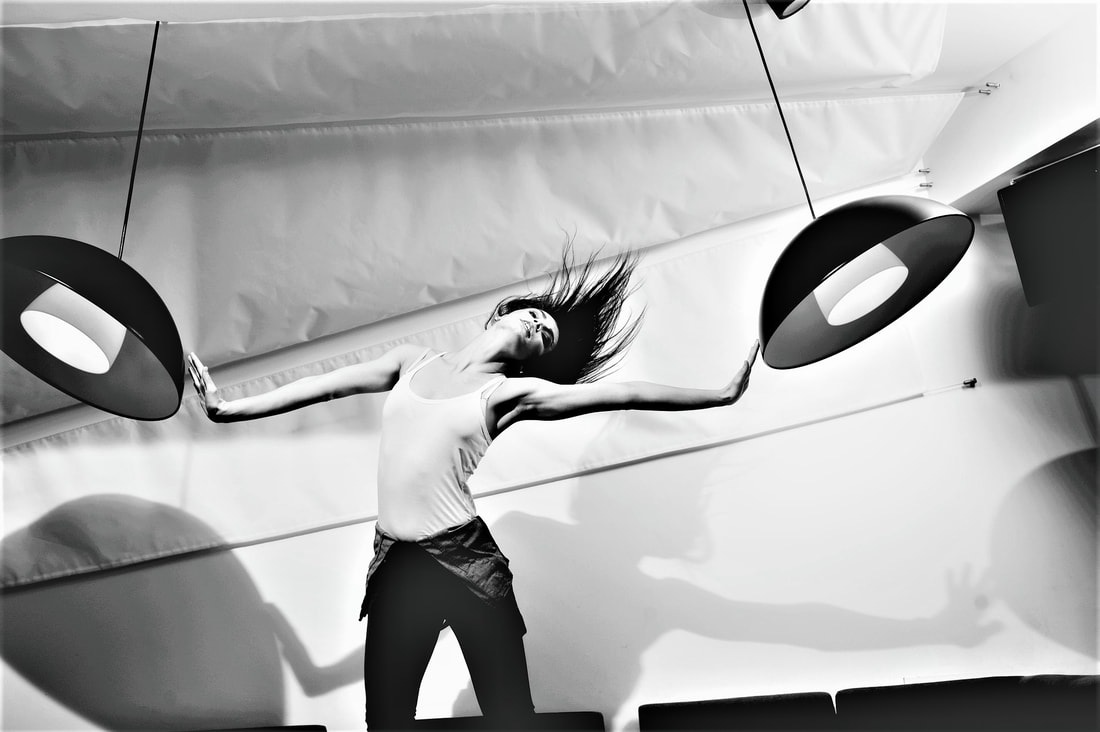



 RSS Feed
RSS Feed